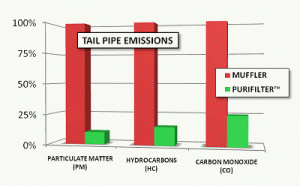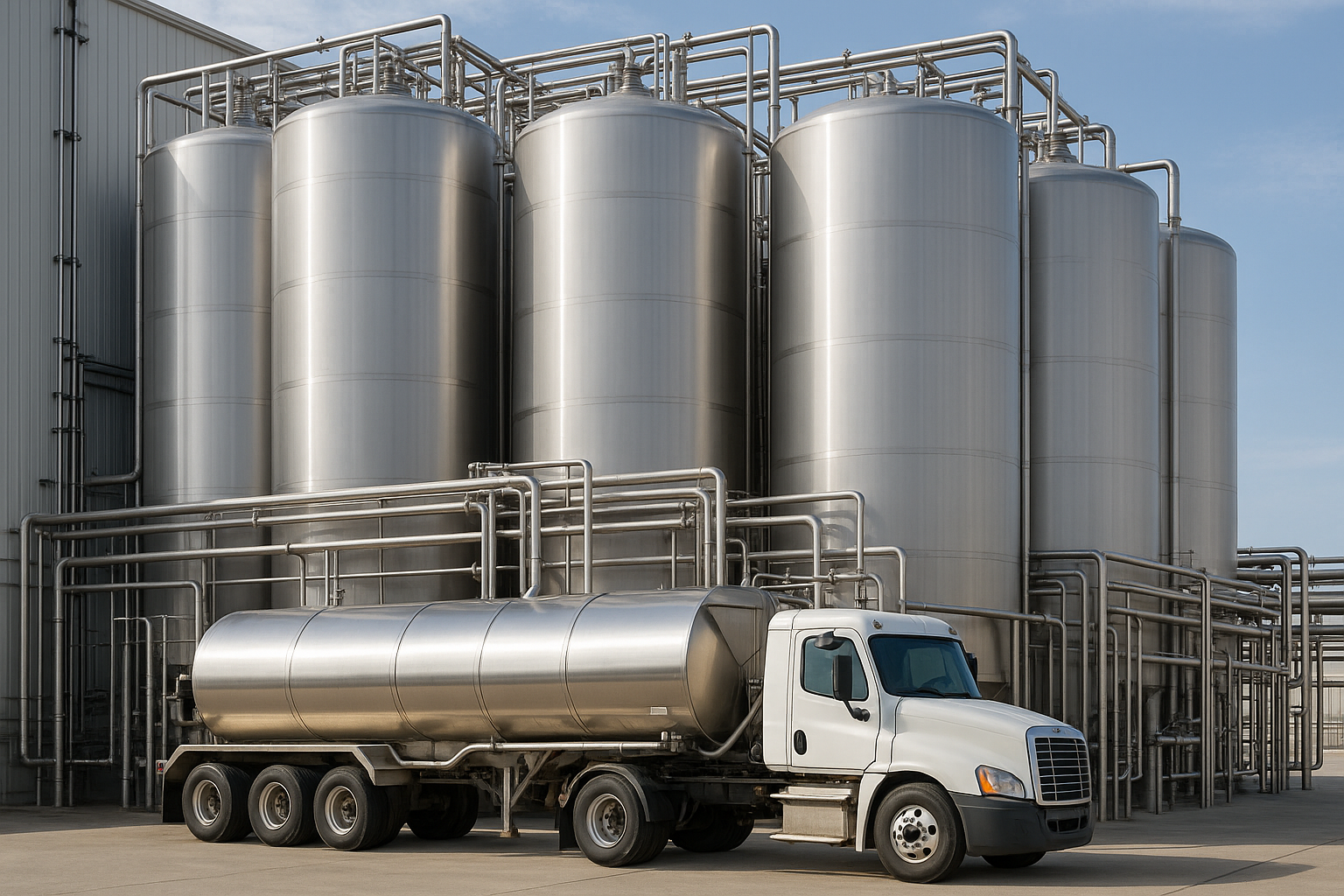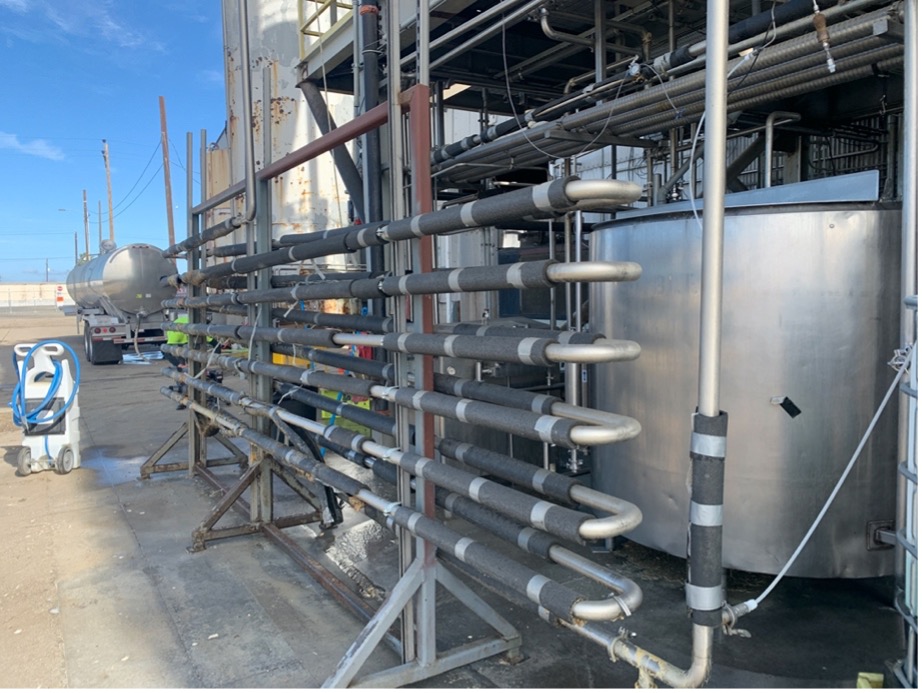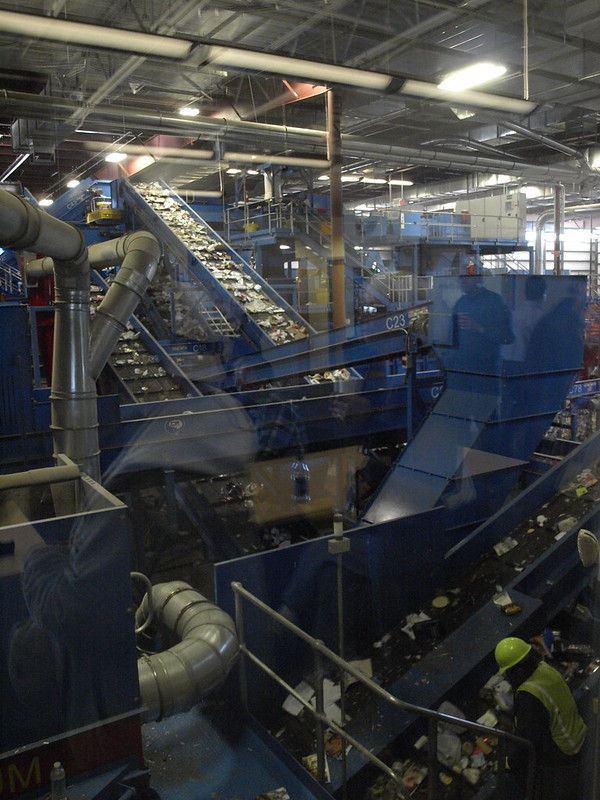 Emissions Retrofit Group recently hosted a great mini-seminar for the ASA NorCal Chapter summarizing some of the key aspects of the CARB DPI. I’ve been following CARB developments closely and thought I had the latest and greatest info, but the guys from ERG explained 2 important factors I’d been heretofore unaware of. In this post, I’m going to focus on the one big question the seminar raised for me regarding diesel equipment appraisal and CARB: How does an aftermarket Diesel Particulate Filter (DPF) affect the value of a piece of diesel equipment?
Emissions Retrofit Group recently hosted a great mini-seminar for the ASA NorCal Chapter summarizing some of the key aspects of the CARB DPI. I’ve been following CARB developments closely and thought I had the latest and greatest info, but the guys from ERG explained 2 important factors I’d been heretofore unaware of. In this post, I’m going to focus on the one big question the seminar raised for me regarding diesel equipment appraisal and CARB: How does an aftermarket Diesel Particulate Filter (DPF) affect the value of a piece of diesel equipment?
More specifically — Does diesel equipment that has been retrofitted with an aftermarket Diesel Particulate Filter (DPF) have a higher value than equipment that hasn’t been retrofitted with a filter?
The answer, of course, is “It depends.” And what it depends upon may not be what you think. Let’s start with some basic information that I learned at the recent mini-seminar.
Every aftermarket DPF is custom made based upon 2 equally-important criteria:
- The diesel engine family of that piece of equipment
- The “Duty Cycle” of that piece of equipment
So what is a “Duty Cycle”? A Duty Cycle is how the engine is used in its normal course of business and how much heat is generated in process. For example, a delivery truck that is driven on a route from Sacramento to Reno and back every day is going to have a completely different Duty Cycle from the same truck driven around Sacramento every day. The Sacramento-Reno truck will generate a lot of heat compared to the lower-heat generating Sacramento-only truck. As you might expect, then, the DPFs needed for each truck will be different as well.
The filters needed to retrofit these very different “Duty Cycles” will be determined by installing a emissions test probe on each truck during a testing phase. The data from that testing period is used to build a filter designed just for that truck on its particular Duty Cycle.
With that in mind, let’s revisit our original question: Does a truck with a DPF have higher value than one without? And now, we can see that the answer to that question depends, as it often does, on the purpose for the appraisal.
If the equipment valuation is for an in-continued use scenario then the DPF probably does add value. In most other situations, however, the DPF would only add value if it were going to be used for the same (or similar) type of Duty Cycle for which the DPF was built. And what are the chances of that? The probability quickly approaches zero, especially since in most cases, the buyer wouldn’t know what the truck’s previous Duty Cycle was! Without this knowledge, the DPF could become not a value-added, but a value-negative.
Imagine, for instance, that someone went to an auction and bought the delivery truck mentioned above that ran the route from Sacramento to Reno everyday with the intention of using the truck to run a daily delivery route around Sacramento. The truck, with its custom DPF for the original high heat duty cycle, would be now running a low heat duty cycle. While the truck itself would be in legal compliance, such a situation would create significant operational problems: the filter would be clogging on a regular basis, resulting in a maintenance nightmare for the new owner with his theoretically CARB-compliant aftermarket Diesel Particulate Filter.
Perhaps at some point, information on the Duty Cycle of diesel equipment on the market will be more readily available, but until that day comes, buying used diesel equipment is a situation in which caveat emptor is the best advice. It would certainly benefit those who buy used diesel equipment outfitted with aftermarket DPFs to determine the equipment’s new Duty Cycle, if only to spare themselves the maintenance difficulties associated with an inappropriate filter.
For more information on aftermarket DPFs and Duty Cycles, you might want to visit the DieselNet website or talk to the fellows at ERG. Tell ‘em Jack sent you!
Jack Young, ASA, CPA
Diesel Equipment Appraisals
NorCal Valuation Inc.




